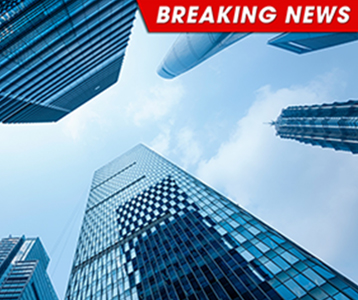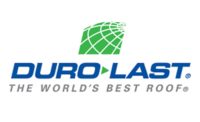Regenesis Announces Retirement of Geo-Seal

Land Science, a division of REGENESIS, is the recognized leader in vapor intrusion mitigation technologies and is proud to announce it will be retiring the Geo-Seal® vapor barrier system from its line of popular vapor intrusion mitigation systems (VIMs) effective today, in favor of its advanced, more protective technologies—TerraShield, MonoShield and Nitra-Seal.
Scott Wilson, president and CEO of REGENESIS and Land Science explains, “Geo-Seal was an early attempt at a contaminant vapor barrier employing legacy waterproofing materials, but it has grown obsolete in today’s marketplace where much more protective materials are available and where the public increasingly demands a safer indoor environment free from polluting vapors.”
The decision to step away from providing and supporting Geo-Seal is based on the environmental industry’s adoption of Land Science’s new full line of vapor barrier systems developed specifically for the vapor intrusion mitigation market. The new suite of products offers significantly higher protection against harmful gas vapor contaminants. Since the introduction of the three new barrier systems, the market has responded rapidly with over five million square feet installed to date.
Committed to delivering the safest passive vapor barrier system on the market, the dedicated team of scientists and engineers at Land Science spent five years developing TerraShield, MonoShield and Nitra-Seal, which deliver best-in-class results including both a higher level of chemical resistance and superior constructability. All three barrier systems incorporate Nitra-Core, a nitrile-advanced asphalt latex. In lab test results, the new nitrile-advanced asphalt latex was shown to reduce volatile organic contaminant diffusion by up to 10 times compared to traditional styrene butadiene (SBR) asphalt latex which was historically used in spray-applied waterproofing and later adapted for vapor barrier systems.
Additionally, the TerraShield and MonoShield products incorporate a metallized film, resulting in greater vapor barrier performance compared with any other products on the market today. As an example, independent laboratory testing against the legacy Geo-Seal base layer showed the aluminum metallized film incorporated into the TerraShield product to be 100 times more protective in blocking contaminant vapors.
Land Science continues to push the envelope on improving the performance and ease of installation across its suite of barrier systems. In addition to these new products being much more protective of indoor air quality, they are also considerably easier to install. Equipment cleanup when using styrene butadiene asphalt latex requires hydrocarbon solvents which can leach into already contaminated soil and exacerbate vapor intrusion concerns, whereas applicators can now clean their equipment with soap and water after applying any of the three new Land Science vapor barrier systems. Spencer Cox of Atlanta-based United Consulting notes, “Key factors for picking a vapor barrier are cost, speed of installation and ease of use—and Land Science's Nitra-Seal fits the bill.”
“The Land Science R&D team has accomplished something quite extraordinary in the development of TerraShield, MonoShield and Nitra-Seal and we are excited about the results we have seen to date in the lab and on sites across the United States,” concludes Wilson. “This new and improved suite of vapor barrier systems addresses the market’s need for a full line developed specifically for this industry that is proven to be superior at providing the highest level of chemical resistance while also making it easier and faster to install.”
For more information about Land Science’s full line of vapor barrier systems, visit www.landsciencetech.com or reach out to your regional technical representative.
Looking for a reprint of this article?
From high-res PDFs to custom plaques, order your copy today!





